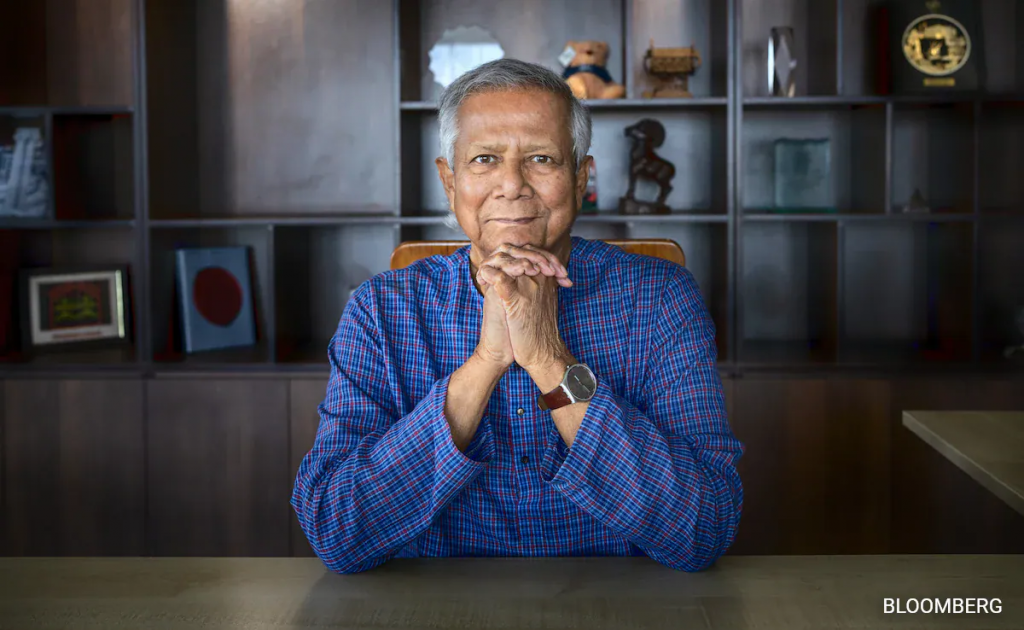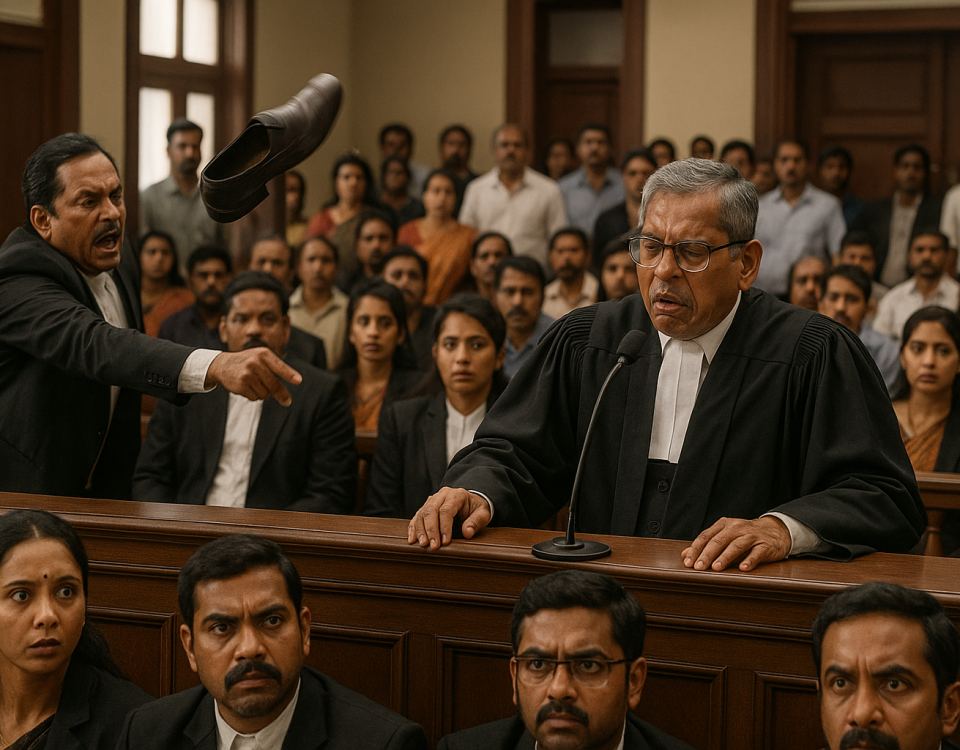
Debate Over Secularism and State Religion in Bangladesh’s Constitution
Dhaka: Bangladesh is witnessing a heated debate over proposed constitutional reforms that seek to redefine the nation’s founding principles. The Constitution Reform Commission, appointed after the fall of Prime Minister Sheikh Hasina’s government in August 2024, has recommended removing secularism, socialism, and nationalism from the constitution’s preamble. Instead, the commission proposes four new guiding principles: equality, human dignity, social justice, and pluralism.
Proposed Changes and Reactions
The interim government, led by Nobel laureate Muhammad Yunus, has been reviewing these recommendations, which have sparked strong reactions. Left-leaning political groups and civil society organizations argue that such reforms could undermine the vision of Bangladesh’s founding leader, Sheikh Mujibur Rahman. However, major political parties like the Bangladesh Nationalist Party (BNP) and Jamaat-e-Islami have yet to take a formal stance on the matter.
Critics argue that secularism has been a core tenet of Bangladesh’s constitution since its independence in 1971. They fear that removing it could diminish democratic ideals and alter the nation’s identity. Supporters of the reforms, however, believe that the new principles better align with contemporary aspirations and reflect the evolving socio-political landscape of the country.
Historical Context: Secularism and State Religion
Secularism was initially enshrined in Bangladesh’s 1972 constitution to promote inclusivity and prevent religious discrimination. However, the principle has undergone several changes over the decades:
- 1972: Secularism was included as a fundamental constitutional principle.
- 1988: Islam was declared the state religion, leading to the removal of secularism.
- 2010: A constitutional amendment reinstated secularism while retaining Islam as the state religion, creating a complex duality.
This unique arrangement reflects Bangladesh’s ongoing efforts to balance its secular foundations with the religious sentiments of its majority-Muslim population.
Judicial Perspective
In 2016, Bangladesh’s Supreme Court ruled that recognizing Islam as the state religion did not contradict secularism in the constitution. The ruling emphasized that the dual commitments to Islam and secularism did not alter the constitution’s basic structure or infringe upon religious freedoms.
Legal experts view this as an evolving interpretation of secularism, unique to Bangladesh. Nafiz Ahmed, a constitutional scholar, argued in a 2024 article that the coexistence of both principles demonstrates Bangladesh’s attempt to address its diverse socio-political realities.
The Road Ahead
As the government prepares to engage with political stakeholders, the nation stands at a constitutional crossroads. The debate over secularism versus religious identity is deeply polarizing. Proponents of the reforms see them as necessary for modernizing governance, while opponents fear they may dilute democratic values and the legacy of Mujibur Rahman.
The success of these constitutional changes will depend on how well Bangladesh navigates its ideological divides while preserving its democratic framework. The coming months will be crucial in determining whether the proposed amendments gain political traction or face significant resistance from various quarters of society.
***






